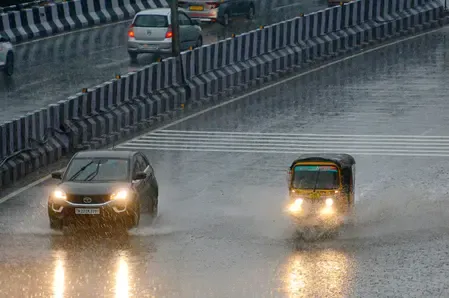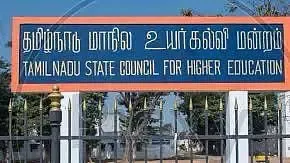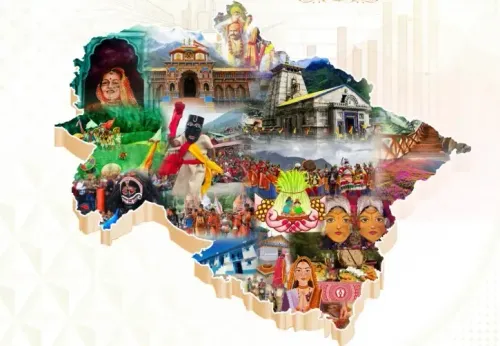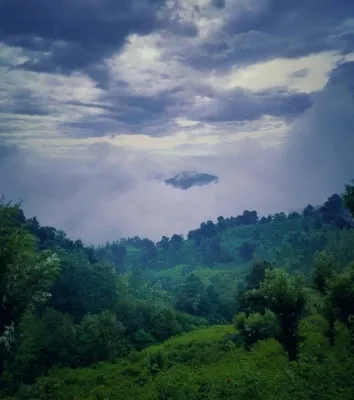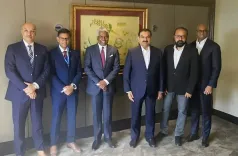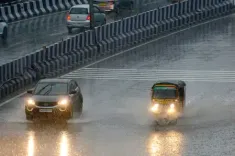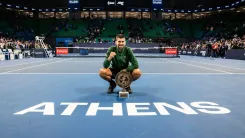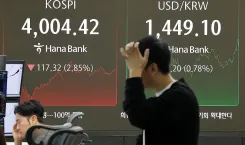Did Tamilisai Soundararajan Respond to K Selvaperunthagai's Claims on Temple Entry?
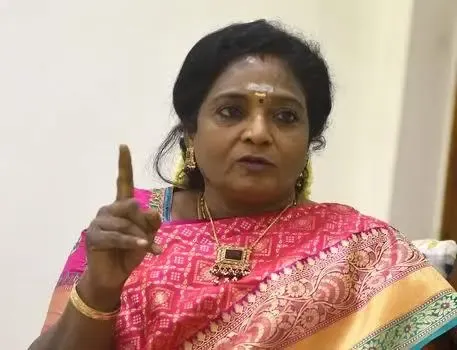
Synopsis
Key Takeaways
- Tamilisai Soundararajan firmly rejects allegations from K Selvaperunthagai.
- The incident highlights the intersection of politics and religion.
- Soundararajan emphasizes her role as a devotee, not a politician.
- The HR and CE Minister acknowledged the incident and apologized.
- The controversy reflects ongoing caste and privilege discussions in Tamil Nadu.
Chennai, July 9 (NationPress) Senior BJP leader Tamilisai Soundararajan has firmly dismissed claims made by Tamil Nadu Congress Committee (TNCC) president and Sriperumbudur MLA K Selvaperunthagai, who asserted that he was barred from the inner sanctum during the 'kumbabishekam' (consecration ceremony) at the renowned Vallakottai Murugan Temple due to caste-related reasons.
In a pointed statement released on Wednesday, Soundararajan described the situation as a “political drama masquerading as a religious issue” and emphasized that her attendance at the ceremony was solely as a devotee and not in any political capacity.
“I brought only faith, not a political title,” the former Governor stated.
She elaborated: “I joined the public, ascended the steps independently, and awaited my turn for darshan, just like any other devotee. I never sought special treatment or privileges.”
This response followed Selvaperunthagai's allegation that temple officials, under the Hindu Religious and Charitable Endowments (HR and CE) Department, intentionally barred him from entering the inner sanctum during the rituals, despite being a legislator.
He implied that this denial stemmed from caste discrimination.
In light of his complaint, HR and CE Minister P. K. Sekarbabu issued an apology, acknowledging the incident and conveying regret.
Nonetheless, Soundararajan criticized the minister for politicizing what she deemed a serious religious occasion.
“Murugan's 'kumbabishekam' has been trivialized into a stage for entitlement and pride,” she asserted.
“While some of us stood in humility, others demanded preferential treatment. Even Lord Murugan had to wait for the ‘great people's representative’ who insisted on using a special entrance,” she remarked.
Soundararajan also refuted allegations of caste or gender bias, highlighting that she belongs to a marginalized community and is a woman, yet experienced no barriers or humiliation at the event.
“There was no bias, merely a manipulation of facts to achieve political ends,” she charged, accusing her opponents of “fabricating a narrative for political gain.”
She also criticized leaders from the Communist Party of India (CPI) and Viduthalai Chiruthaigal Katchi (VCK) who sided with Selvaperunthagai, stating, “This is not a katta panchayat; this is a temple. Lord Murugan is observing all of this unfold. Devotion attracts blessings - arrogance leads to blame.”
The incident has ignited a larger political controversy, with opposition leaders condemning the HR and CE Department while the DMK navigates a delicate religious and caste-related predicament.

